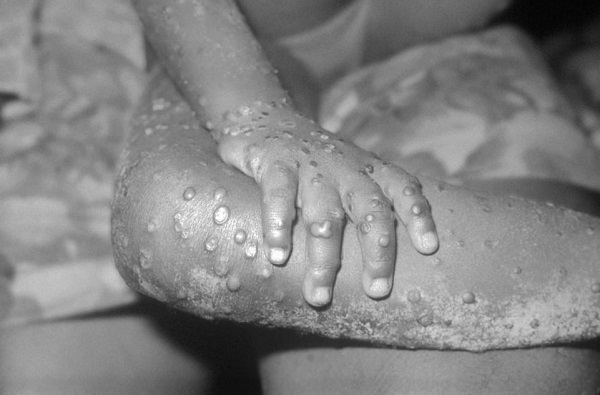What to know about new sexually transmitted fungal infection reported in US
Victor Ayoola, chief executive officer (CEO) of Anaxon Wellness/Trado-medical, says the indiscriminate use of sex toys could increase the risk of infections and infertility among women.
Ayoola said the World Health Organisation (WHO) recently warned about the surge in cases of sexually transmitted infections (STIs).
He said the global health body reported one million new cases among adults aged 15-49 in 2022, reaching eight million, with about 230,000 syphilis-related deaths.
Ayoola said the rising cases of infections may be related to the growing popularity and wide use of sex toys among women, noting that there are many dangers in unsafe practice.
Advertisement
He said there must be extreme caution during the use of sex devices like dildos and vibrators.
He stressed the need for awareness about risks associated with device use, advising women against sharing, as well as prioritising cleaning and maintenance.
Ayoola maintained that an infected sex device increases the user’s chance of infections like STIs, bacterial vaginosis, yeast, and urinary tract infections (UTIs).
Advertisement
“We can’t close our eyes to the fact that sex toys are becoming increasingly popular. This is not saying that they give infections, but they are vectors for infections,” he said.
“This is why we must, as much as possible, avoid sharing devices with another person. Getting infections from a sex toy means it must have been used by another person who had a disease and used by another person who did not clean it well.”
Ayoola said in any suspected case, timely testing and treatment are needed to avert serious complications like infertility.
“Rather than dying in silence or ignoring your reproductive health challenge for fear of orthodox care pricing, you can explore the alternative medicine route to enjoy innovative and affordable treatment,” he said.
Advertisement
“One of the advantages of traditional medicine too is that you can trust it to cure antibiotic-resistant infections. It is, however, essential that we play safe to avoid some of these health risks.
“It is also important that we avoid quacks and patronise registered facilities while seeking alternative medicine routes.”
Add a comment








